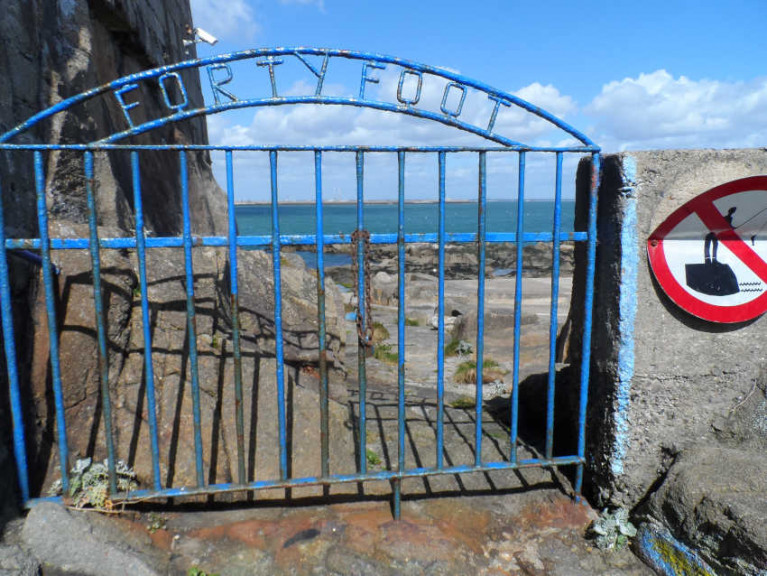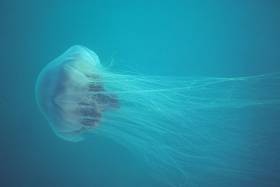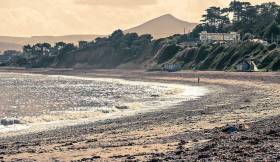Displaying items by tag: Seapoint
Forty Foot & Other Dublin Bay Bathing Spots Closed To Public Over Social Distancing Concerns
Popular bathing spots at the Forty Foot, Sandycove and Seapoint on Dublin Bay have been closed as of today (Saturday 11 April) following the latest extension of restrictions against Covid-19.
Dun Laoghaire-Rathdown County Council said the decision was made “following consultation [with] the Garda, as a result of concerns raised with social distancing compliance”.
All three bathing areas are now closed to the public until further notice, following the announcement that movement restrictions amid the Covid-19 pandemic have been extended to Tuesday 5 May.
It follows a nationwide call on Thursday by the Coastguard and the RNLI asking people not to use the sea for exercise or recreation.
Lion’s Mane Jellyfish Warning For Dublin Bay
#Jellyfish - Swimmers have been warned away from Seapoint and Sandycove on the south shores of Dublin Bay after sightings of potentially dangerous lion’s mane jellyfish in the water.
Dun Laoghaire-Rathdown County Council has put up warning signs in the relevant areas to advise the public on the large jellyfish, whose stings from hundreds of tentacles can cause anaphylactic shock — even many days after they have beached.
#Pollution - RTÉ News reports that a swimming ban was lifted yesterday on bathing spots at Seapoint and Killiney on Dublin Bay’s southern shore after high levels of E.coli were detected last Friday (30 June).
The bathing ban remains at Blackrock Baths pending the results of samples expected later today (Wednesday 5 July). Blackrock and Seapoint were subject to a similar ban for high E.coli levels back in January, according to TheJournal.ie.
More recently, the beaches at Dollymount and Sandymount were closed to swimming after heavy rains caused by a sewage spill in the River Liffey.































































